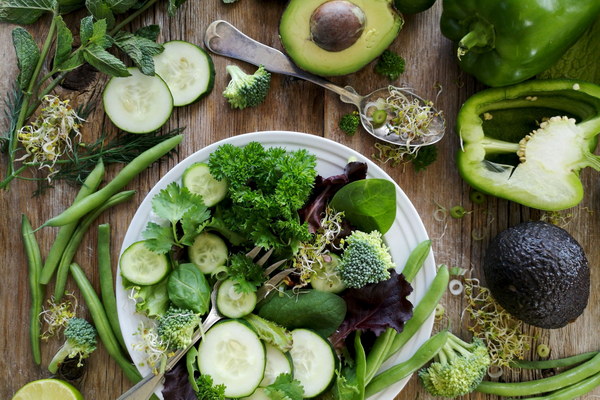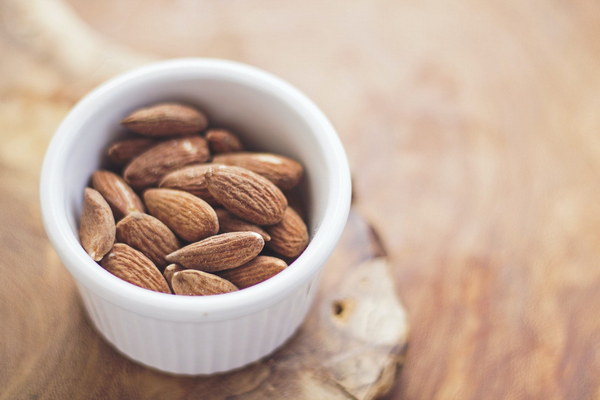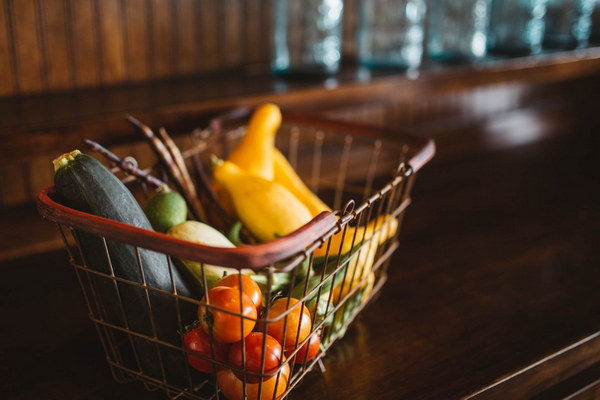The Ideal Time to Consume Peanuts for Gastric Health Discover the Best Practices
In today's fast-paced world, maintaining good health and digestion has become a significant concern for many. Among the numerous foods that can aid in digestion, peanuts have emerged as a popular choice. However, when it comes to reaping the maximum benefits of peanuts for gastric health, timing plays a crucial role. In this article, we will explore the best time to consume peanuts for optimal digestion and overall well-being.
I. Understanding the Nutritional Value of Peanuts
Peanuts are a powerhouse of nutrients, offering numerous health benefits. They are rich in healthy fats, proteins, vitamins, and minerals, making them an excellent choice for a balanced diet. Some of the key nutrients found in peanuts include:
- Monounsaturated fats: These healthy fats help in reducing cholesterol levels and lowering the risk of heart diseases.
- Plant-based proteins: Peanuts are an excellent source of plant-based proteins, making them a perfect alternative for vegetarians and vegans.
- Vitamin E: This powerful antioxidant helps in protecting the cells from oxidative stress and promotes healthy skin.
- Folate: It plays a vital role in DNA synthesis and cell division, making peanuts beneficial for pregnant women.
- Magnesium: This mineral is essential for bone health, muscle function, and energy production.
II. The Ideal Time to Consume Peanuts for Gastric Health
Now that we understand the nutritional value of peanuts, let's delve into the best time to consume them for optimal gastric health.
1. Early Morning
Consuming peanuts early in the morning can be highly beneficial for gastric health. The combination of healthy fats and proteins in peanuts can help in kickstarting your metabolism and providing a sustainable energy source for the day. Moreover, peanuts can aid in digestion by providing dietary fiber, which helps in keeping the digestive system healthy.
2. Post-Workout
Eating peanuts post-workout can be a great way to aid muscle recovery and replenish energy levels. The protein content in peanuts helps in muscle repair, while the healthy fats provide long-lasting energy. This combination can also aid in digestion, as the body is in a state of repair and utilizes nutrients more efficiently.
3. Evening Snack
Including peanuts as an evening snack can be beneficial for those who struggle with digestion issues. Peanuts contain magnesium, which helps in relaxing the muscles of the gastrointestinal tract. This can aid in easing digestion and preventing discomfort.
4. Avoid Consuming Peanuts at Night
While peanuts can be beneficial for digestion, it is essential to avoid consuming them at night. Eating peanuts before bedtime can lead to indigestion and discomfort due to their high fat content. Additionally, the body's digestive process slows down at night, making it difficult to break down and absorb the nutrients from peanuts.
III. Tips for Consuming Peanuts for Gastric Health
To maximize the benefits of peanuts for your gastric health, here are a few tips:
- Choose raw, unsalted peanuts to reduce sodium intake.
- Consume peanuts in moderation, as they are calorie-dense.

- Pair peanuts with other foods, such as fruits or vegetables, to aid digestion.
- Avoid consuming peanuts if you have a known allergy or sensitivity.
In conclusion, peanuts can be a valuable addition to your diet for gastric health. By understanding the best time to consume peanuts and incorporating them into your daily routine, you can reap their numerous health benefits. Remember to consume peanuts in moderation and pay attention to your body's reactions to ensure a healthy digestion.









